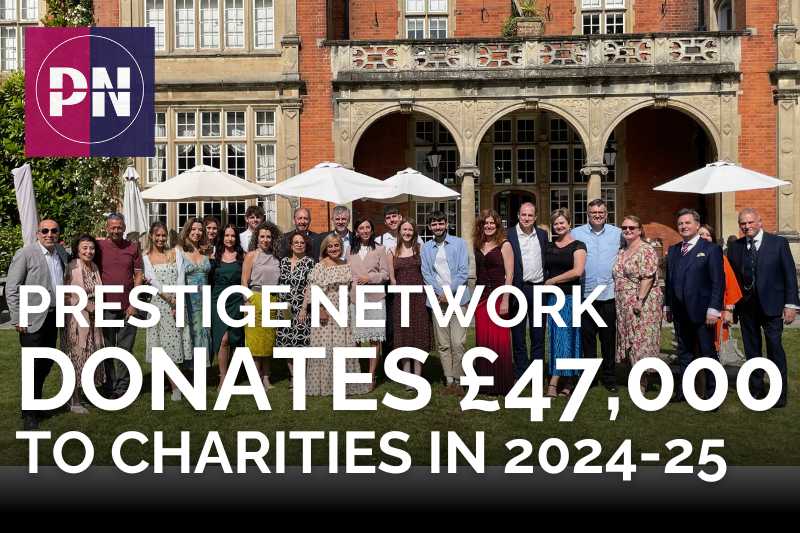In the world of luxury real estate, where properties can fetch millions and clients often hail from diverse international backgrounds, effective communication is key to success. Whether you are a real estate agent, developer, or marketing executive, ensuring that your message is clearly understood by your global clientele is essential. This is where professional language solutions come into play, bridging communication gaps and enhancing the overall client experience. In this blog, we will explore the crucial role of translation, interpretation, localisation, and cultural consultancy in the luxury real estate market.
The Global Nature of Luxury Real Estate
Luxury real estate is inherently global. High-net-worth individuals (HNWIs) and investors seek properties not only within their home countries but across the world—from New York penthouses to London townhouses, and from beachfront villas in the Caribbean to sprawling estates in the French countryside. This international scope means that clients often speak different languages and come from various cultural backgrounds. For real estate professionals, meeting the expectations of these clients requires more than just showcasing properties—it demands seamless, multilingual communication tailored to each client’s specific needs.

Translation Services for Property Listings and Contracts
When it comes to luxury real estate, every detail matters. The description of a property, the terms of a contract, and even the finer points of an agreement must be accurately conveyed to avoid misunderstandings. Professional translation services ensure that property listings, brochures, and contracts are not only translated accurately but also preserve the allure and exclusivity of the property. A well-translated listing can make all the difference in attracting the right buyer or tenant. Furthermore, precise translation of legal documents is crucial to avoid potential disputes and to ensure that all parties fully understand the terms of the transaction.
Interpreting Services for Client Meetings and Property Tours
In luxury real estate, where personal interaction is vital, interpreting services play a critical role. Whether conducting property tours, attending client meetings, or negotiating deals, having a professional interpreter on hand ensures clear and effective communication. This is particularly important when dealing with clients who may not speak the local language. On-site interpreters can facilitate communication during in-person property tours, helping clients feel comfortable and confident in their decisions. Additionally, remote interpretation services can be employed during virtual tours or international negotiations, ensuring that language barriers do not impede the progress of a deal. By providing accurate and culturally sensitive interpretations, real estate professionals can build trust and rapport with their clients, which is essential in closing high-value transactions.
Localisation of Marketing Materials
While translation focuses on language, localisation goes a step further by adapting content to fit the cultural context of a specific market. In luxury real estate, where brand identity and image are paramount, localisation ensures that marketing materials resonate with the target audience while maintaining the brand’s prestige and exclusivity. This might involve adjusting the tone, imagery, and messaging of brochures, websites, and advertising campaigns to align with the cultural preferences of different markets. For example, the colours, symbols, and even the layout of a website might be adapted to appeal to clients in the Middle East or Asia. By localising marketing materials, luxury real estate firms can effectively communicate the unique value of their properties to diverse audiences, enhancing their global appeal.
Cultural Consultancy for International Clients
Understanding cultural nuances is critical in luxury real estate, where client relationships often extend beyond the transaction itself. Cultural consultancy services provide real estate professionals with insights into the values, preferences, and etiquette of different cultures, enabling them to tailor their approach to each client. For instance, a client from China may have different expectations regarding negotiation tactics, property features, or the buying process compared to a client from Europe. By being culturally aware and responsive, real estate professionals can offer a superior client experience, fostering long-term relationships and increasing the likelihood of successful deals.

Conclusion
In the luxury real estate market, where the stakes are high, effective communication is not just necessary but a competitive advantage. Real estate professionals can enhance their global reach, build stronger relationships with international clients and close more deals by investing in professional language services, including translation, interpretation, localisation, and cultural consultancy. As the market continues to globalise, those who prioritise language solutions will be best positioned to succeed in this dynamic and lucrative industry.
Are you prepared to meet the demands of a global client base? Invest in professional language services today and see how they can transform your luxury real estate business. Share your experiences or challenges with language barriers in luxury real estate in the comments below—we’d love to hear from you!






